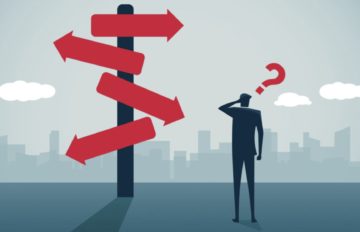Joanna Thompson in Undark:
 In 2020, as the Covid-19 pandemic rampaged across the globe, the World Health Organization declared that we had plunged into a second, simultaneous catastrophe: an infodemic. This global crisis was characterized by the rapid spread of false information, or misinformation, mostly in digital spaces. The fear was that such inaccuracies would leave the public unmoored, adrift in a sea of untruth. Eventually, this mass disorientation would cause people to harm themselves and one another.
In 2020, as the Covid-19 pandemic rampaged across the globe, the World Health Organization declared that we had plunged into a second, simultaneous catastrophe: an infodemic. This global crisis was characterized by the rapid spread of false information, or misinformation, mostly in digital spaces. The fear was that such inaccuracies would leave the public unmoored, adrift in a sea of untruth. Eventually, this mass disorientation would cause people to harm themselves and one another.
In an effort to combat the rising tide of misinformation, certain agencies, including the U.S. Department of Health and Human Services and the U.K. Parliament’s Culture, Media and Sport Committee, have poured resources into quantifying its spread and impact online. Some of the resulting reports have spawned legislation aimed at limiting online fake news.
But some psychologists and sociologists aren’t convinced that misinformation is as powerful as all that — or that it is a substantially different issue now compared with in the past. In fact, they think that we may be prematurely whipping ourselves into a misinformation moral panic.
More here.
